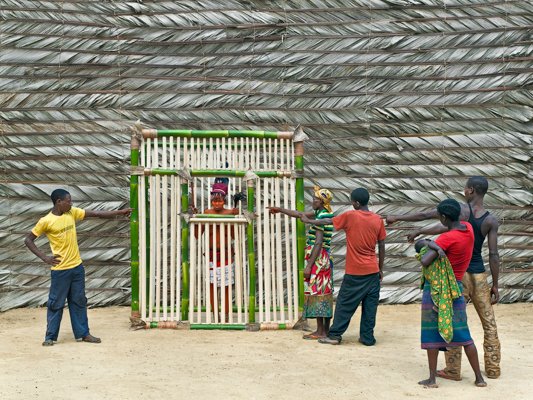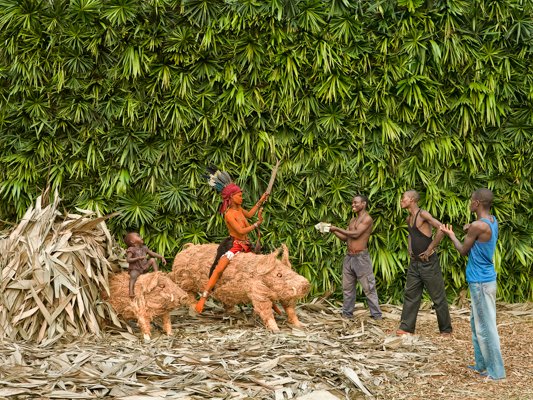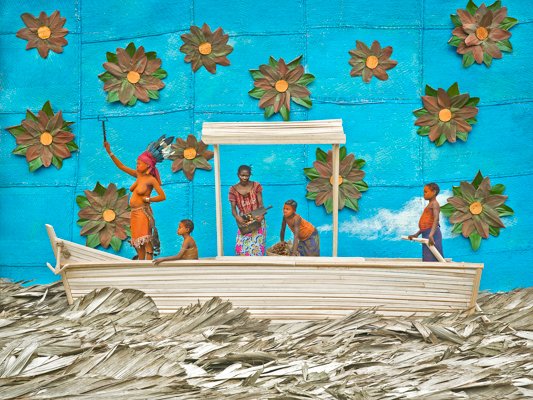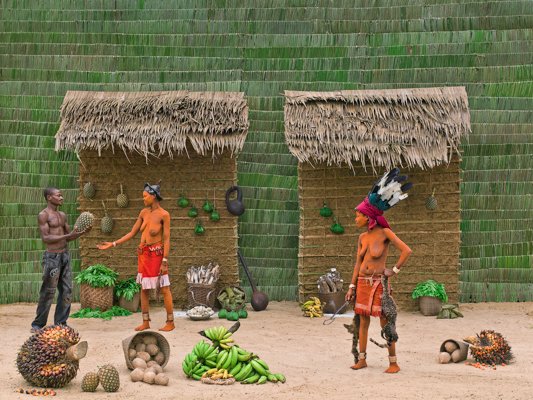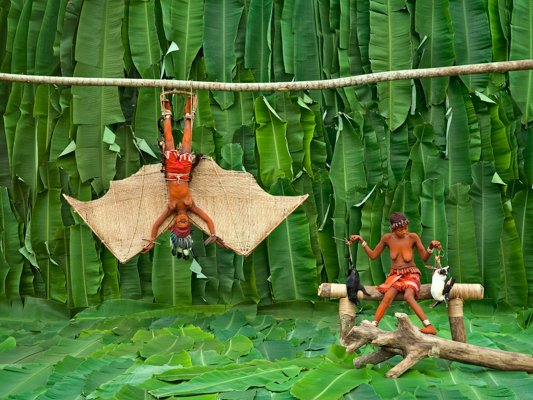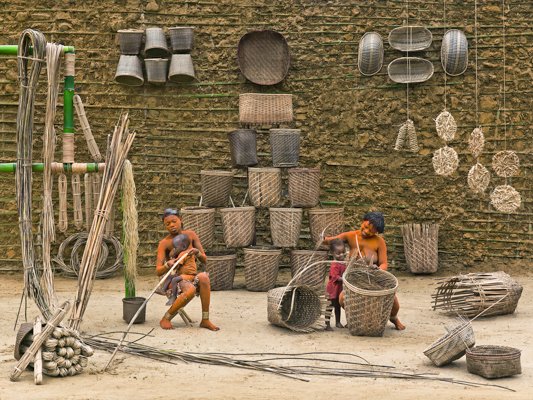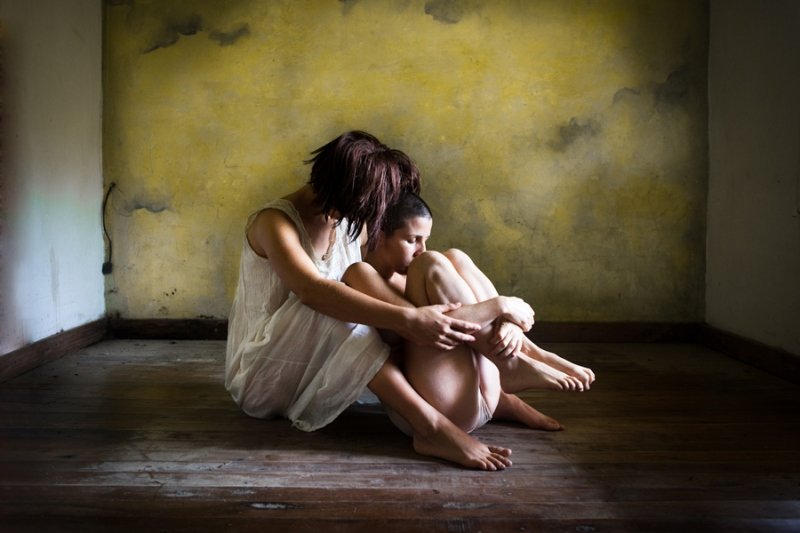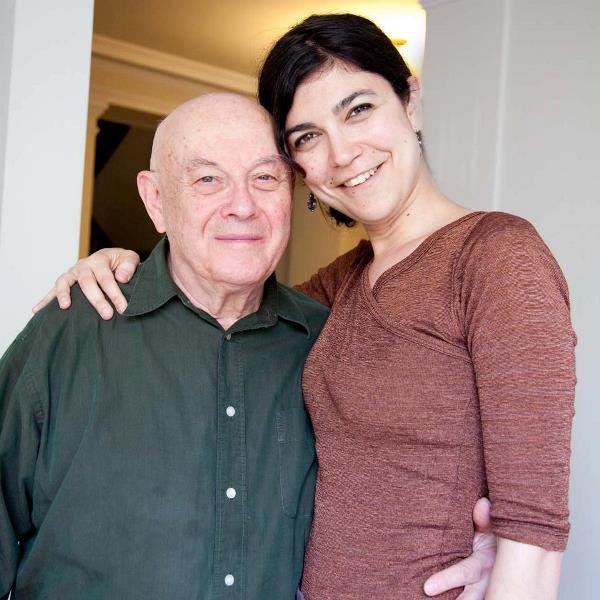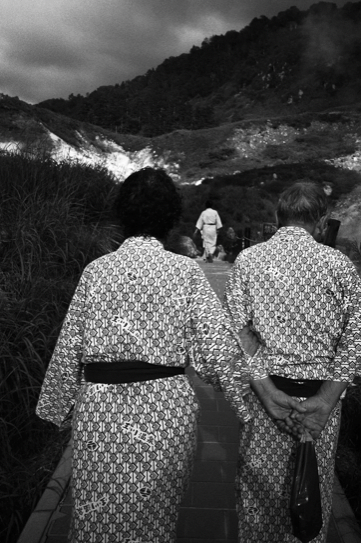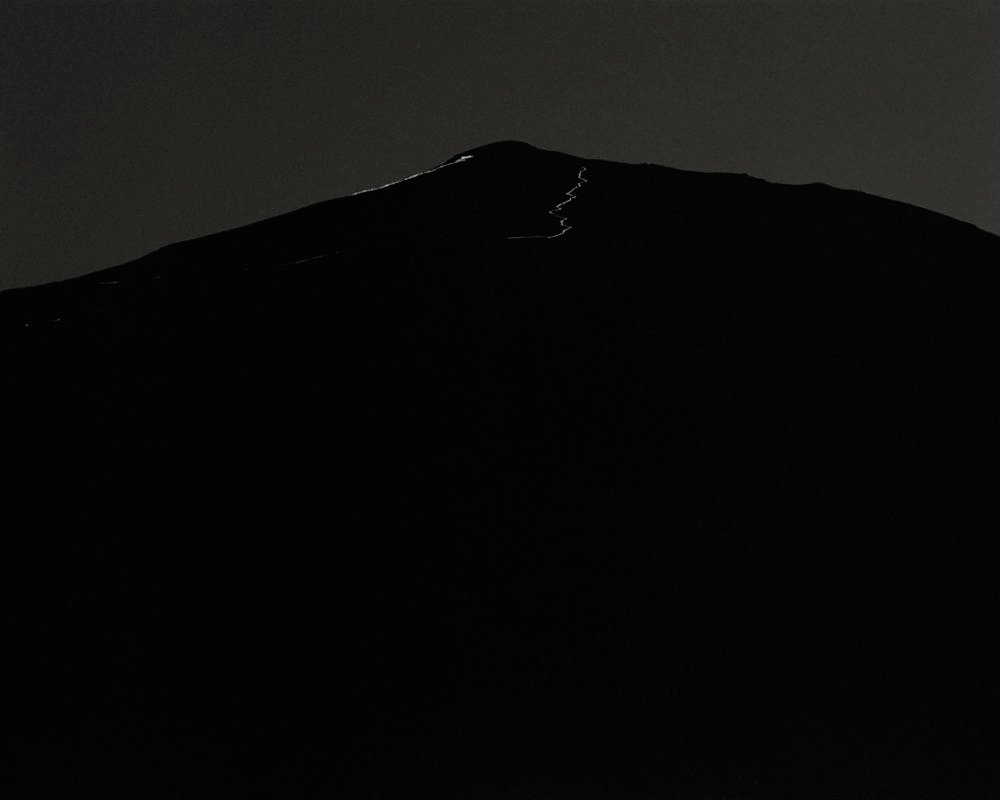France –
Through this project, I aim to create an artistic and documentary photography, very close to the daily experience of Ekonda pygmies in the Democratic Republic of Congo.
For the Ekondas, the most important moment in the life of a woman is the birth of her first child. The young mother (usually 15 to 18), called Walé (“primiparous nursing mother”), then returns to her parents where she remains secluded for a period of 2 to 5 years (usually if her husband disappears). During her seclusion, a Walé is under very special care. Her mother introduces her to her new social role. By strictly respecting the sex taboo during this whole period, she is given a similar status to that of a patriarch. The end of her seclusion is marked by a dancing and singing ritual. The choreography and the songs have a very codified structure but are unique creations specific to each Walé. She sings the story of her own loneliness, and with humor praises her behavior while discrediting her Walé rivals.
 Epanza Makita, batwalé.For pygmies, a bat is a very unique creature, half animal, half bird. By comparing herself to a bat, Walé Epanza Makita (19 years old, married, 1 year in seclusion, mother of Lotitia) talks about her superiority. Her rivals (here Walé Lokito) will not be able to copy her because she is unique (the Walé ritual is highly competitive as it’s all about having more prestige and power than your rivals). Ensansa : Bokéngé nyama, bokéngé mpùlú, n’sùname ng’ósunámá, bònkómo w’éngolo Song: part animal, part bird, I face upside down, bat the great © Patrick Willocq
Epanza Makita, batwalé.For pygmies, a bat is a very unique creature, half animal, half bird. By comparing herself to a bat, Walé Epanza Makita (19 years old, married, 1 year in seclusion, mother of Lotitia) talks about her superiority. Her rivals (here Walé Lokito) will not be able to copy her because she is unique (the Walé ritual is highly competitive as it’s all about having more prestige and power than your rivals). Ensansa : Bokéngé nyama, bokéngé mpùlú, n’sùname ng’ósunámá, bònkómo w’éngolo Song: part animal, part bird, I face upside down, bat the great © Patrick Willocq
I’ve always been fascinated by native tribes because I feel they have in them a wealth that we ourselves have lost. The ritual of the Walé woman is a tribute to motherhood, fertility and femininity, which is why I proposed to five Walés, whom I know for over a year, to participate in staged set ups to witness a part of their personal history, each image being a visual representation of an intimate thought she will sing the day of her release from seclusion.
This series is a personal reflection at women in general and the Walé ritual specifically, but it is first and foremost the result of a unique collaboration with five pygmies women, their respective clans, an ethnomusicologist, an artist and many artisans of the forest. Working together, our mutual experiences become richer giving birth to “I am Wale Respect Me”.
Written and Photography by – Patrick Willocq

